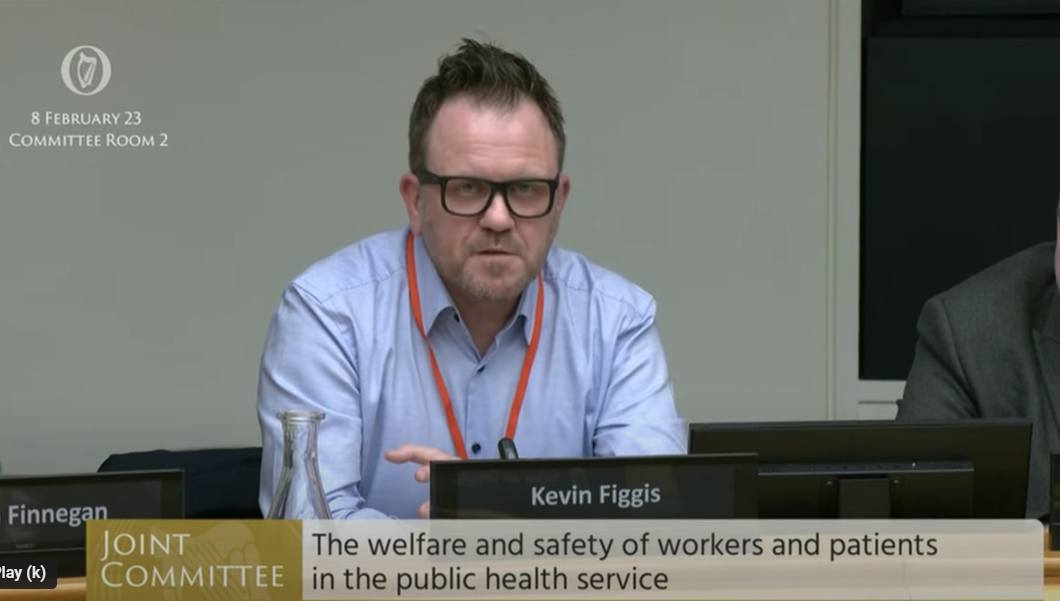In the public health sector, dedicated healthcare workers strive daily to provide essential care and support to the nation’s citizens. However, the persistent challenge of understaffing, resulting from the HSE’s decision to implement a recruitment freeze until the end of 2023, threatens the very foundation of our healthcare system. It compromises the quality of the service and places an immense strain on those who tirelessly serve the community. It is critical that enough staff are employed in the Irish public health service, not just so we can provide support to healthcare services, but to ensure we are providing the best possible care to those in our society.
SIPTU has met with HSE CEO Bernard Gloster, as part of the Staff Panel of Unions, to discuss the recruitment freeze. The Union side raised concerns about its potential broader impact on the delivery of care. SIPTU noted that the recruitment freeze will impact patient facing roles such as health care assistants, health care support assistants, support staff, paramedics, and diagnostics. The Union side also conveyed a worry that the recruitment freeze will only add to the challenges that will be faced by staff during the winter season – a period when attendances traditionally increase, and staffing numbers are usually impacted by staff illnesses.
The Union side also noted that the freeze will have a direct and negative impact on the delivery of the HSE’s own objectives and expansion of services. Despite the above points being raised by Unions, the HSE’s position has not changed with regards to the recruitment freeze, to date.
Healthcare is undeniably a human-centric profession, dependent on the dedication and expertise of its workforce. The impact of understaffing is felt acutely by our members on the frontlines. Working extended hours, battling fatigue, and managing overwhelming caseloads, these individuals are the backbone of our healthcare system, and their well-being is intrinsically linked to the quality of care they can provide.
The correlation between staffing levels of all grades within the health service; and the quality of patient care cannot be overstated. Adequate staffing ensures that those working in healthcare can devote sufficient time to each patient, fostering better communication, comprehensive assessments, and personalised treatment plans. By investing in the adequate staffing, the HSE can not only prioritise the health and well-being of patients but also uphold the integrity of our healthcare system.
The toll of understaffing on healthcare workers is profound, both personally and professionally. Long working hours, high-stress environments, and an overwhelming sense of responsibility can lead to burnout and negatively impact mental health. A workforce that feels supported, with manageable workloads and adequate staffing, is better equipped to deliver the high standard of care that the Irish public deserves. Moreover, a satisfied and fulfilled workforce is more likely to stay within the profession, contributing to the stability and continuity of our healthcare system.
The HSE must staff our services; and end the recruitment freeze. A commitment to hiring enough staff is a commitment to the health and well-being of our healthcare workers and our communities.








